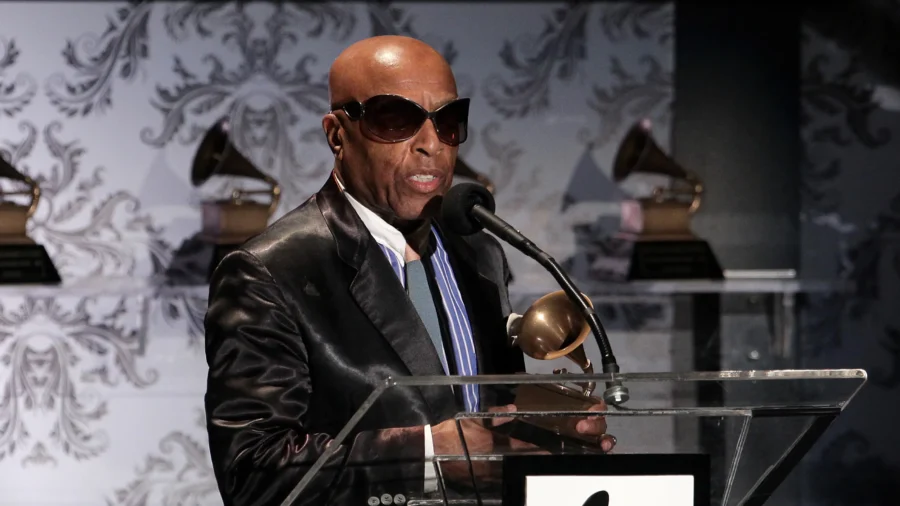Roy Haynes, one of the most influential drummers in jazz history, died on Tuesday at the age of 99 in Long Island, New York.
Haynes’s son, Craig Holiday Haynes, confirmed his father’s passing in a message on Facebook on Tuesday, with a post that said “Thanks for all your hipness dad R.I.P.”
Haynes had an extraordinary career, leading his own bands and collaborating with some of the biggest names in jazz.
Roy Haynes was born in Boston on March 13, 1925. He began his musical career in 1942 as a largely self-taught drummer, according to Drummerworld. Growing up in the Boston area, Haynes played in local bands during his teenage years before securing his first major gig in New York City in 1945 at the age of 20.
Over a career spanning seven decades, Haynes appeared on hundreds of jazz recordings, earning a reputation as one of the greatest drummers in the genre. From swing-era tenor saxophonist Lester Young and alto saxophonist Charlie Parker to guitarist Pat Metheny and singer Sarah Vaughan, he was associated with some of Bebop’s chief pioneers.
Haynes contributed to dozens of albums now considered jazz classics, including Eric Dolphy’s “Outward Bound” (1960) and Oliver Nelson’s “The Blues and the Abstract Truth” (1961).
Remarkably, Haynes was able to contribute to every major development in modern jazz, beginning with the bebop era—without significantly altering his style. Even at an age when most would consider retirement, he continued to perform and record well into his 80s.
Haynes was also among the first jazz drummers to use his left foot on the hi-hat pedal, adding punchy accents that enriched and energized the music.
A true free spirit, Haynes famously turned down the opportunity to join Duke Ellington’s band, one of the most influential jazz orchestras of its time. Despite the prestige that such a position would have offered, he chose to instead focus on his own music.
Ellington apparently never forgot the rejection. “One night I was arriving at a party as Duke was leaving, and he mentioned it then too—that I didn’t join his band. It must have been nearly 20 years later. So, that respect and that love, I felt like I was a part of Duke Ellington’s thing, even though, you know, I wasn’t,” Haynes recounted previously to Smithsonian Magazine.
“I thought it was so beautiful that he would do that,” he said.
Haynes was introduced to music at an early age by his father, who sang in a choir and played the organ. “We had an organ in our house when I was growing up,” he said. “As a kid I was banging on everything around the house until I got a set of drums.”
He is survived by his daughter, Leslie, and two sons, Craig and Graham, along with eight grandchildren and seven great-grandchildren.

